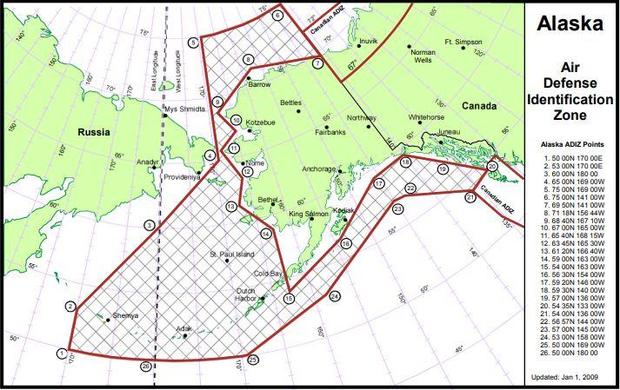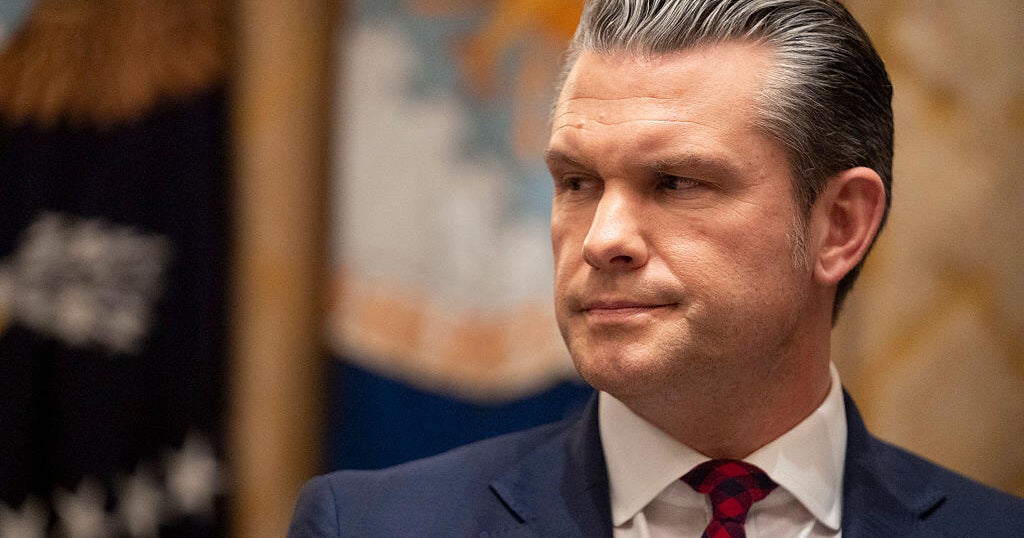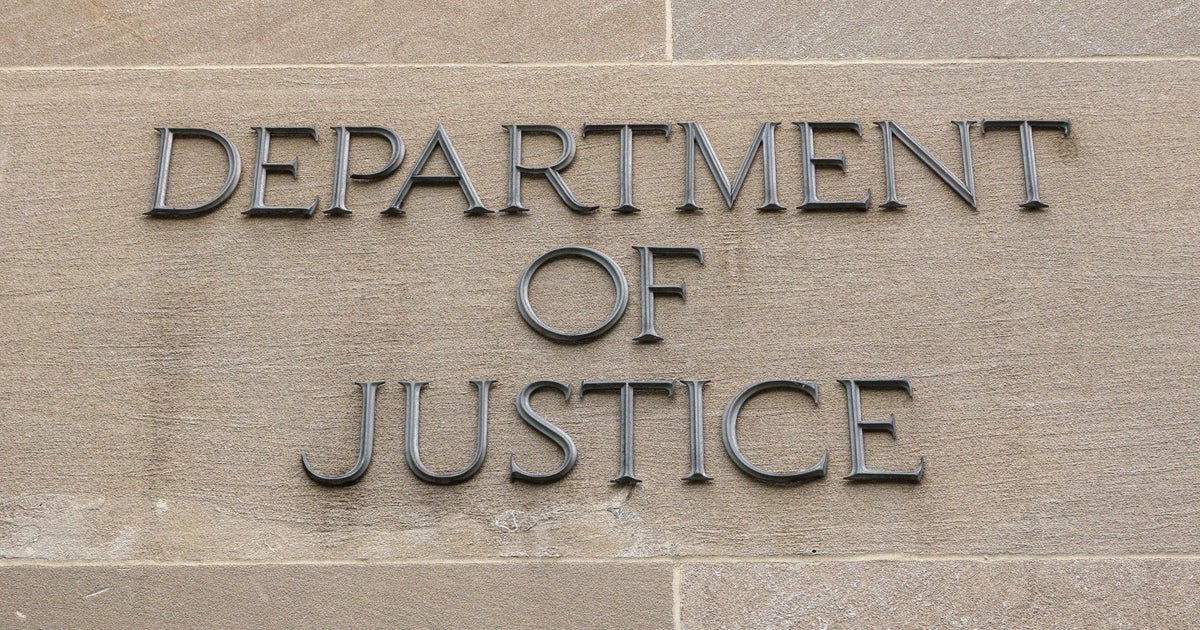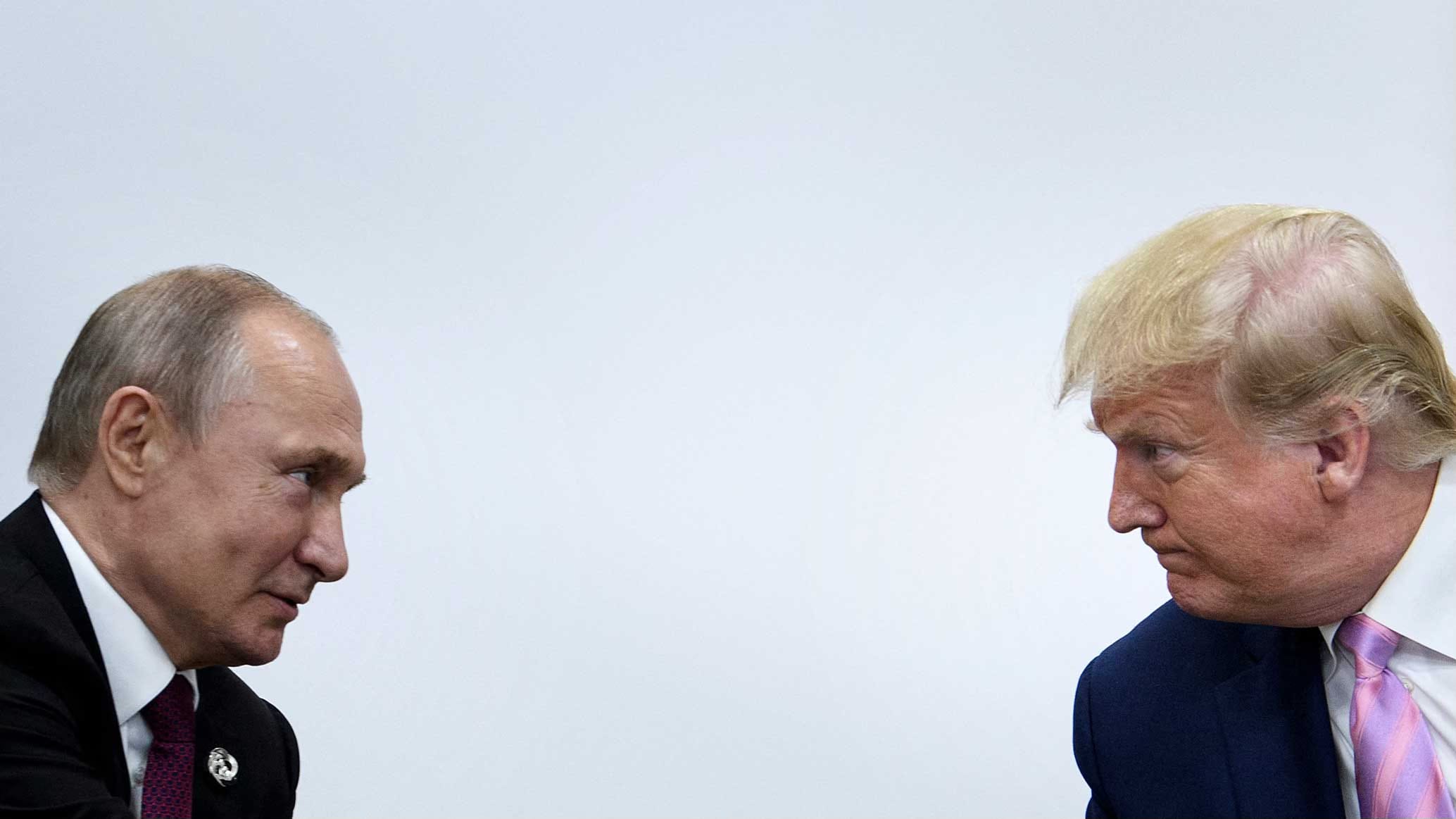Russian fighter jets and bombers intercepted off Alaska for second day in a row
U.S. warplanes intercepted Russian bombers and fighter jets off the Alaskan coast for the second day in a row on Tuesday, the North American Aerospace Defense Command (NORAD) confirmed early Wednesday morning. The U.S.-Canadian airspace defense agency said two Russian bombers accompanied by two Su-35 fighter jets entered the Alaskan Air Defense Identification Zone (ADIZ) and were intercepted by two NORAD F-22s.
The planes left the ADIZ but returned shortly after, making "the fourth and fifth intercepts this year" of Russian military aircraft in the aviation buffer zone around Alaska. The Russian planes did not at any time cross into sovereign U.S. airspace; the ADIZ around Alaska, like similar zones monitored by NORAD around North America, are international airspace.
The incident was similar to an intercept of four Russian bombers on Monday.
NORAD's statement early Wednesday morning confirming the new intercept said it had demonstrated, "how NORAD executes its aerospace warning and aerospace control."
Tension between the U.S. and Russia remains high, and such aerial encounters have not been uncommon in recent years. NORAD said it has "intercepted an average of approximately six to seven Russian sorties entering its ADIZ since Russia resumed long range aviation patrols in 2007."
As CBS News' Emily Tillett reported last week, a press conference by U.S. Secretary of State Mike Pompeo and his Russian counterpart, Foreign Minister Sergey Lavrov, revealed a number of areas where the two nations could not reach a consensus during discussions.
After years of antagonism over backing different sides in the Syria war, the Trump administration has butted heads with Moscow more recently over Russia's backing for Venezuelan dictator Nicolas Maduro, and warnings that not only has Russia interfered in the U.S. democratic process before, but that it intends to do so again.
The U.S. and Russia also continue to blame each other for an increasingly tense atmosphere in eastern and northern Europe, where Russia has long resented the NATO presence.
Over the past three years, Russian President Vladimir Putin has reopened three former Soviet military bases along its vast Arctic coastline, as Russia and NATO accuse each other of increasingly bellicose actions along their shared border.
As CBS News chief national security correspondent David Martin reported for "60 Minutes", Russia has been conducting simulated attacks near Norwegian territory with nuclear-capable warplanes.




